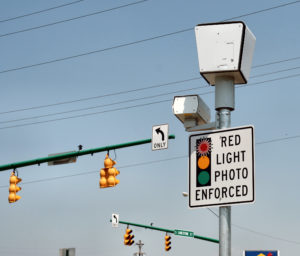The Federal Employers Liability Act (FELA) was enacted in 1908 by Congress and still continues to provide a federal system of legal remedy for the protection of thousands of railroad workers and their families, nationwide.
FELA also serves as a kind of guideline for railroad employment standards, and the duty of railroad companies in meeting those standards. Nearly all injuries suffered as a railroad employee are protected under FELA if the injury is sustained on the job, which, includes also those whose primary duties aren’t performed around or in trains.
Proving Liability – How is FELA different than Workers Comp?
FELA claims require showing the defendant (i.e. railroad, its employees, manufacturers etc.) is somehow negligent and responsible for your injuries. Whereas ‘no fault’ worker’s compensation laws don’t require the injured worker to establish fault by the employer. In other words, the basic idea of a FELA claim is showing that the defendant in some way failed to provide the rail worker with a reasonably safe work place.
There are a number of duties, under FELA, that railroad companies and employers owe railroad workers:
- Inspection of work environment to ensure it is hazard free;
- Provide a reasonably safe work environment, tools, equipment, and safety devices;
- Enforcement of safety rules and regulations;
- Provide adequate training, assistance, supervision and help to employees in their job functions;
- Prevent use of reasonable work quotas;
- Ensure workers are safe from harmful intentional acts of others
Compensation for Injuries
Compensation in a FELA claim typically helps recover:
- The injured railroad worker’s past and future wage loss;
- The injured railroad worker’s past and future medical treatment;
- The injured railroad worker’s past and future pain, suffering, and mental distress.
If the injuries lead to the death of a railroad worker, under FELA, the worker’s surviving spouse and children will be eligible to receive compensation. If the worker is only survived by his parents or other close family members, the compensation can be directed to them.
Comparative Negligence Defense
As mentioned above, a FELA claim is often easier to establish than most suits. But, having said that, the main difference in a FELA claim is the rail worker’s “comparative negligence.” Under this defense, the defendant will try to show that the workers own fault or negligence led to or contributed to his or her injuries, so that the liability in its entirety, doesn’t rest upon the defendant.
Comparative negligence breaks down as such: after all arguments are heard the jury will make its findings as to who should be held legally responsible for the railroad employee’s injuries. This is typically done by assigning some percentage of fault to the parties involved, and that percentage corresponds to the damages awarded to the plaintiff.
If you or a loved one sustained an injury while employed as a railroad worker, it is imperative that you know and understand your legal rights in order to receive compensation for those injuries under FELA. For this reason, it can be beneficial to consult an attorney that can help preserve your rights and file a claim.










Comments for this article are closed.